The simple act of tolerating food has not been terribly simple for me in the last 34 years. At 18, I became seriously ill with Crohn’s disease and struggled until a full remission in 2012. While my Crohn’s is under control, a new illness (gallbladder disease) now interferes with my digestion and nutritional needs. It is more important than ever that I make healthy choices. In 9 Gentle Nudges to Eat More Plants for Wellness + Quotes, we’re revisiting a prior discussion about eating more plants for improved health.
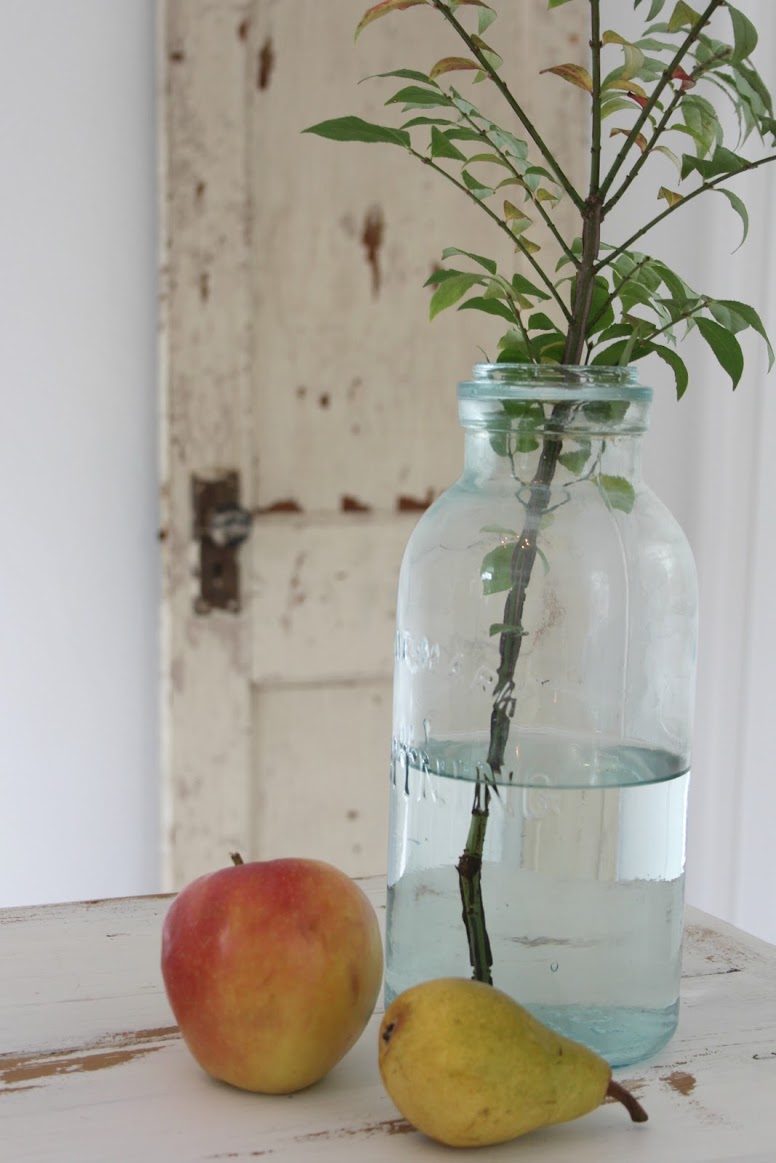
9 Gentle Nudges to Eat More Plants for Wellness!
A few seasons ago, my friend Leslie, who shares healthy living in the every day at Lemon Grove Lane, encouraged us to take baby steps toward a more plant-based diet. I am guessing you are doing your best to do just that since MORE PLANTS are a lovely path to MORE WELLNESS.
I love helping you choose lovely finds. Thanks for using these links which do not cost you extra yet earn me a small commission.
My Own Motivation for Eating More Plants
Increasing the number of dark greens and plants in my diet has certainly been a priority since the wake-up calls of my mother’s breast cancer and my diagnosis with BRCA2.

As you may recall, both my sister and I tested positive for the BRCA2 genetic mutation and have been on an anti-cancer journey as previvors (both of us had prophylactic mastectomies and hysterectomies).
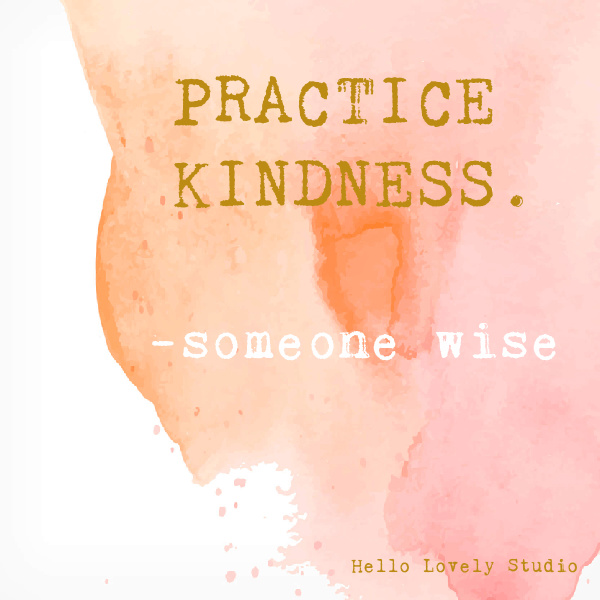
An anti-cancer journey for me involves inhibiting cancer cell growth and inflammation. Consequently, I try to minimize the animal products in my daily diet and add plants for optimal wellness.

A Favorite Plant
My favorite plant to eat?
Avacados! Ever since my sister turned to a ketogenic diet (low carb, high fat) to successfully shed some weight and increase her energy, we both began to enjoy them.
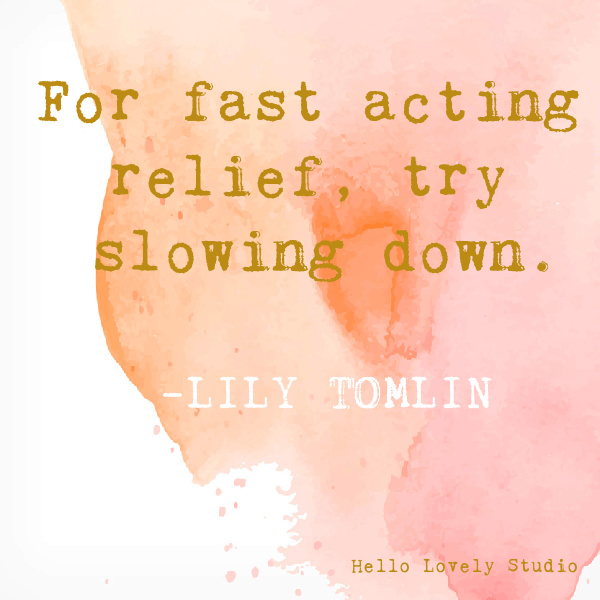
If you also follow a keto diet and lead a busy lifestyle, you may be happy to learn there are even meal deliveries for people on keto.
I Do Love My Veges!
I have never been much of a carnivore so I should confess that straight away! While I am a Chicago girl who can appreciate a generously sized Italian Beef sandwich once in awhile, they are not typical fare around here.
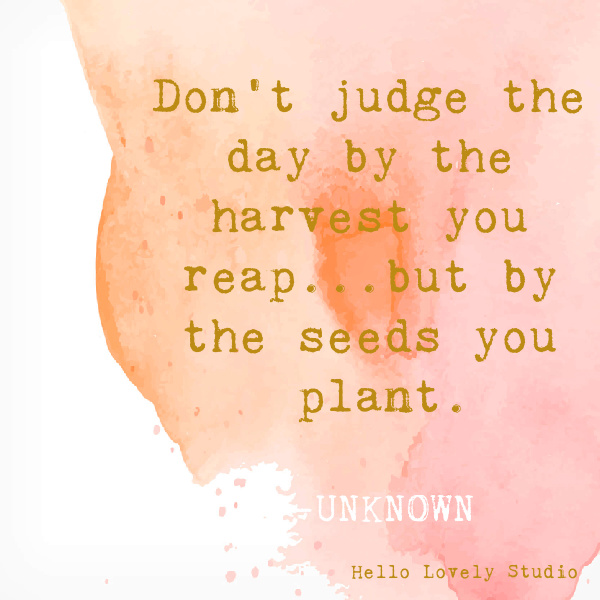
Additionally, I have always loved vegetables. How about you?
Are you taking steps to decrease animal products in your diet and increase plants for a healthier diet?
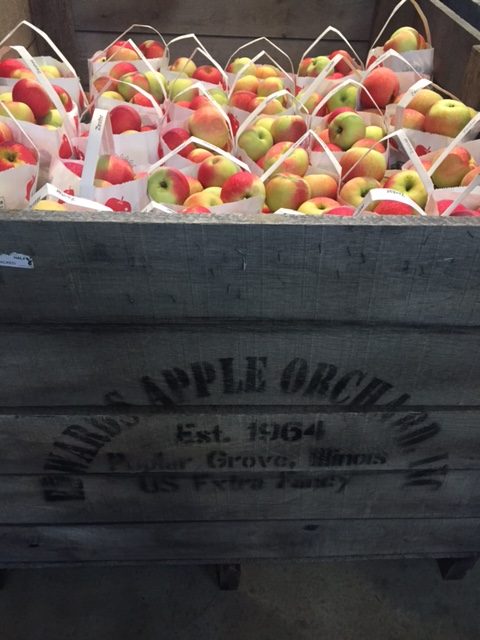
Since my own anti-inflammation and wellness journey involves eating maximum plants, Leslie’s message and reminders which follow reinforce it beautifully.
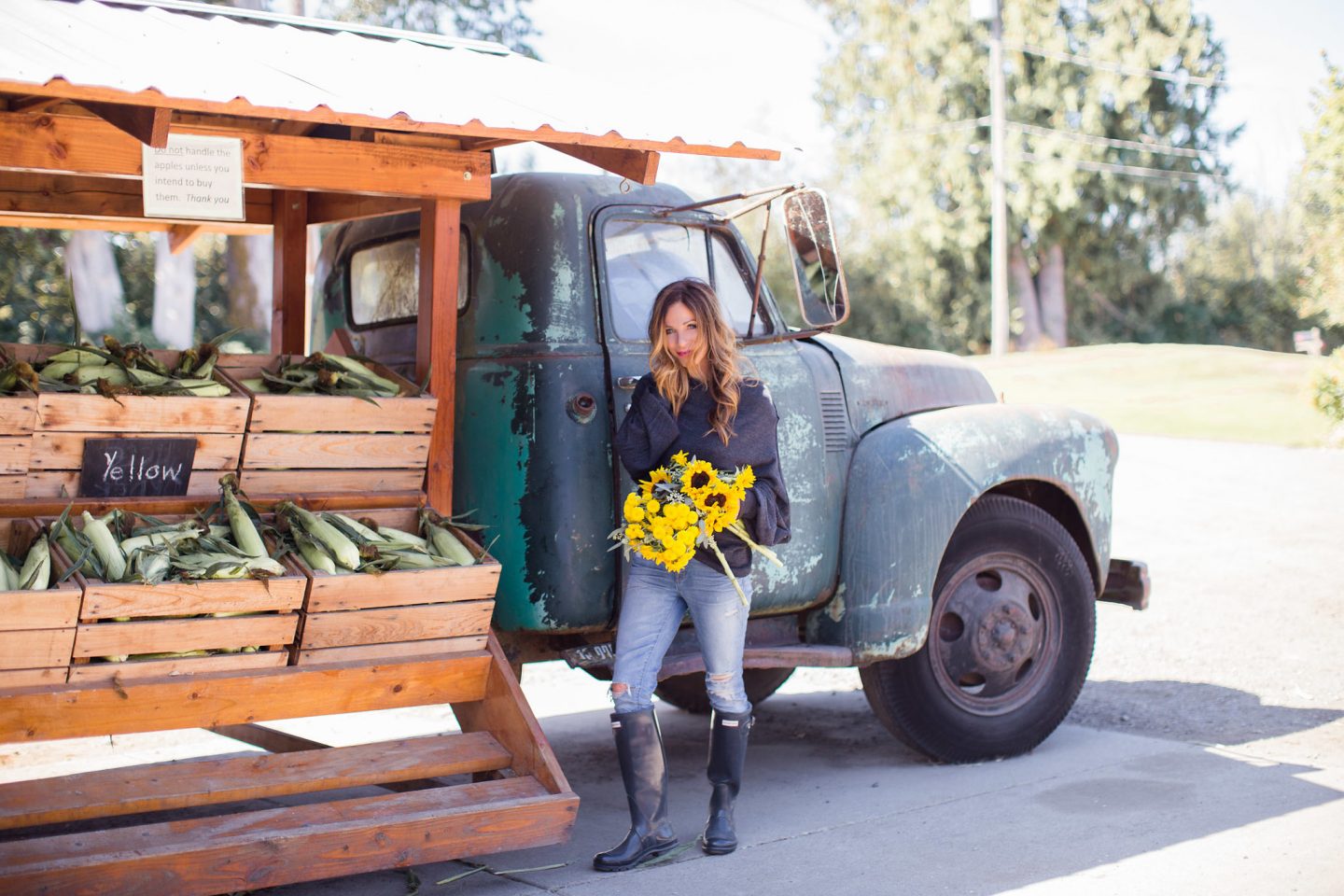
If you have visited Lemon Grove Lane, you know she shares delicious ways to live healthier, and you are sure to take away ideas for nutrition, skincare, and recipes.
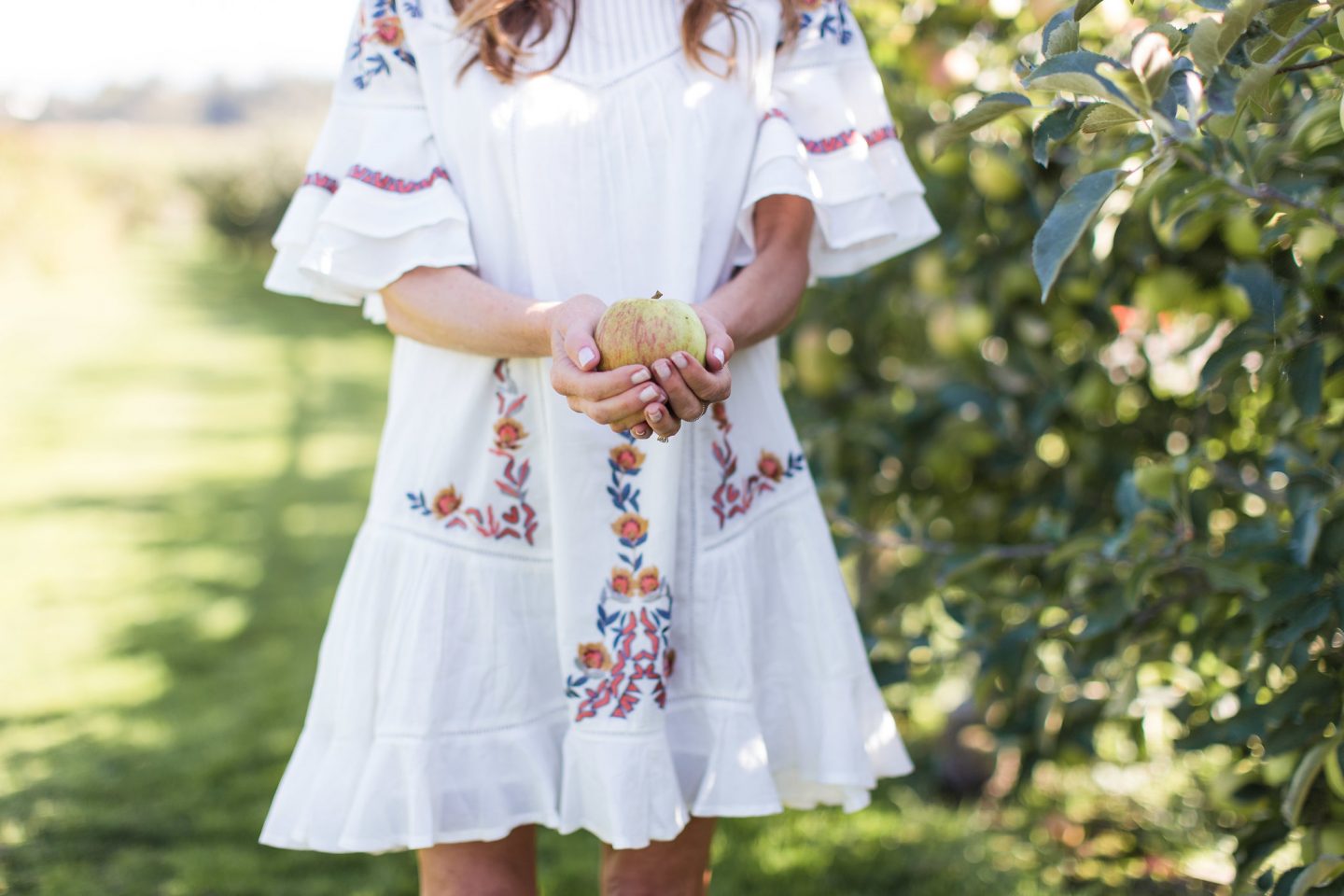
Here are Leslie’s responses to some key questions…

Considering a more plant based diet?
Before the specifics,
let’s consider our unique nutritional needs.
Age, activity level, and potential food sensitivities all need to be factored into
the equation when considering dietary changes. A female in her
childbearing years would have different nutritional needs
than a woman in her fifties, as would a marathon runner vs. a yoga
instructor, make sense?
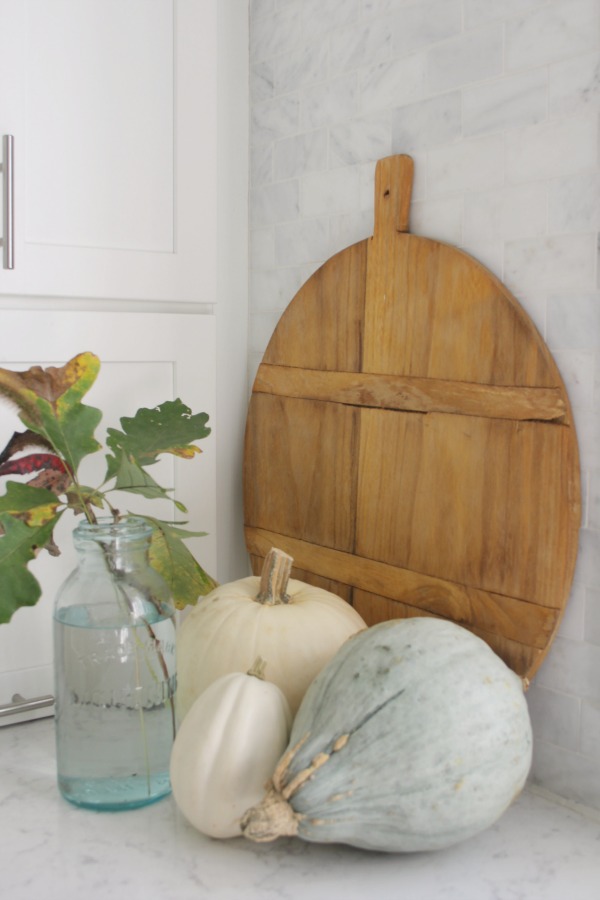
Food preferences (Veggie Burger or a meat burger?), our desire to cook (or not) and personal life style all
need to be taken into account.

Maybe you aren’t a morning person and
don’t care for breakfast right away. All the literature says it’s
best to start the day with breakfast. I think otherwise and
believe that waiting later in the morning to eat is perfectly fine.
We are all unique, imperfect human beings and that’s what keeps life
interesting! Be open, and yes we can change. Baby steps.

Can you define “plant based diet?”
A plant based diet contains fruits,
vegetables, legumes, and beans; and excludes or reduces meat, chicken,
fish, eggs, and dairy products. Plant based also means less or no
refined foods like sugar and white flour and instead uses sprouted,
whole grains, and fruit based sugars such as date, or coconut.
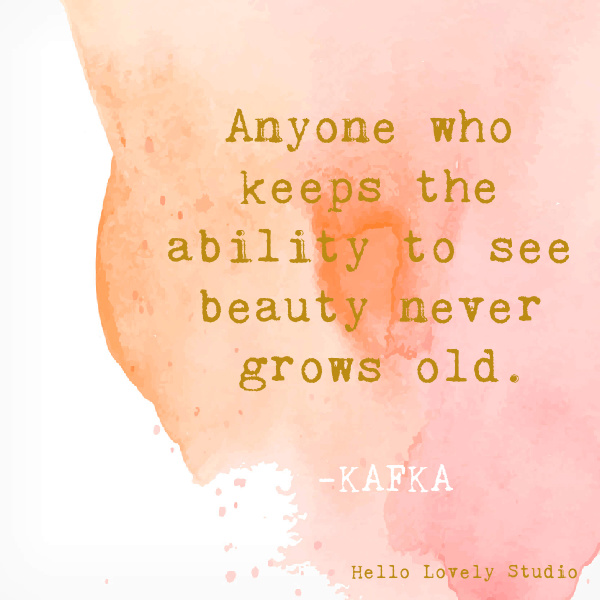
There is so much information on social media about the pros and cons of
certain ways of eating that it often feels overwhelming and the result
is that we do nothing to change in any direction.
People are interesting! Health status, ethical and and social reasons will
impact our eating style.
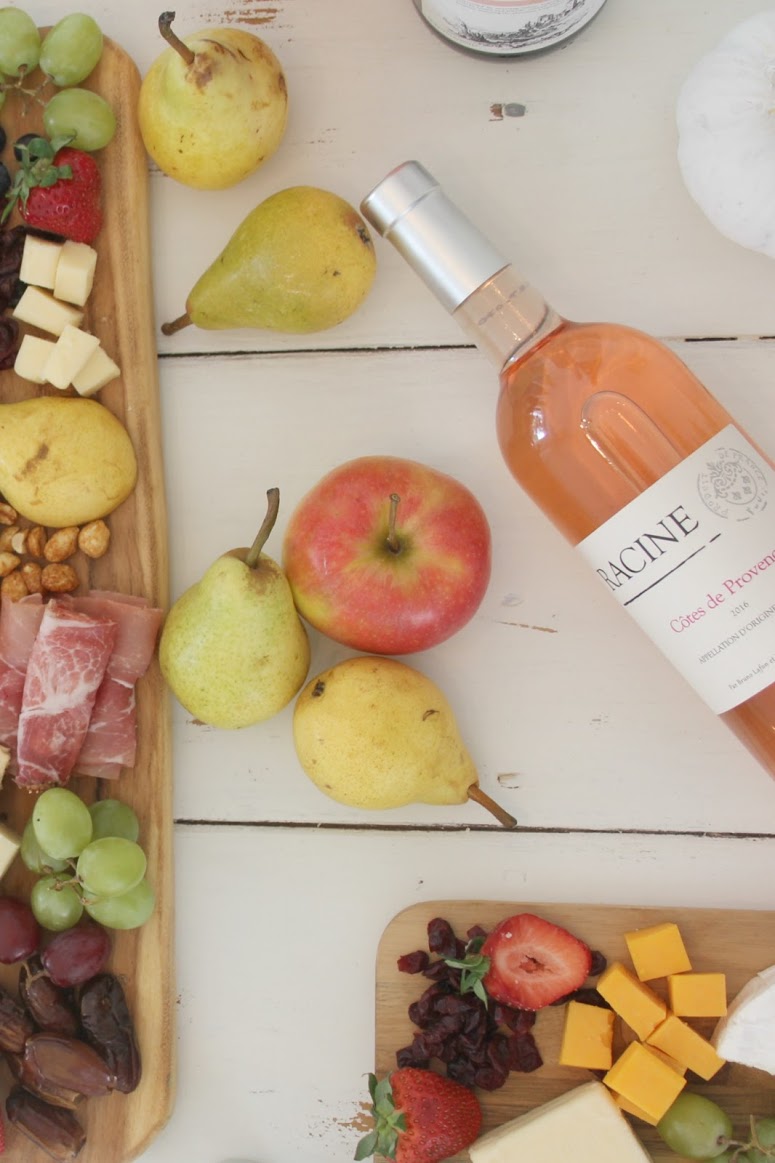
Lots of Opinions Out There!
After reviewing all the information I can
possibly handle, the takeaway for me is that it isn’t all or nothing
and common sense should prevail! In other words you may select the
elements from one or more plans (vegan, plant based, paleo, carnivor)
to help you figure out what works best for you.
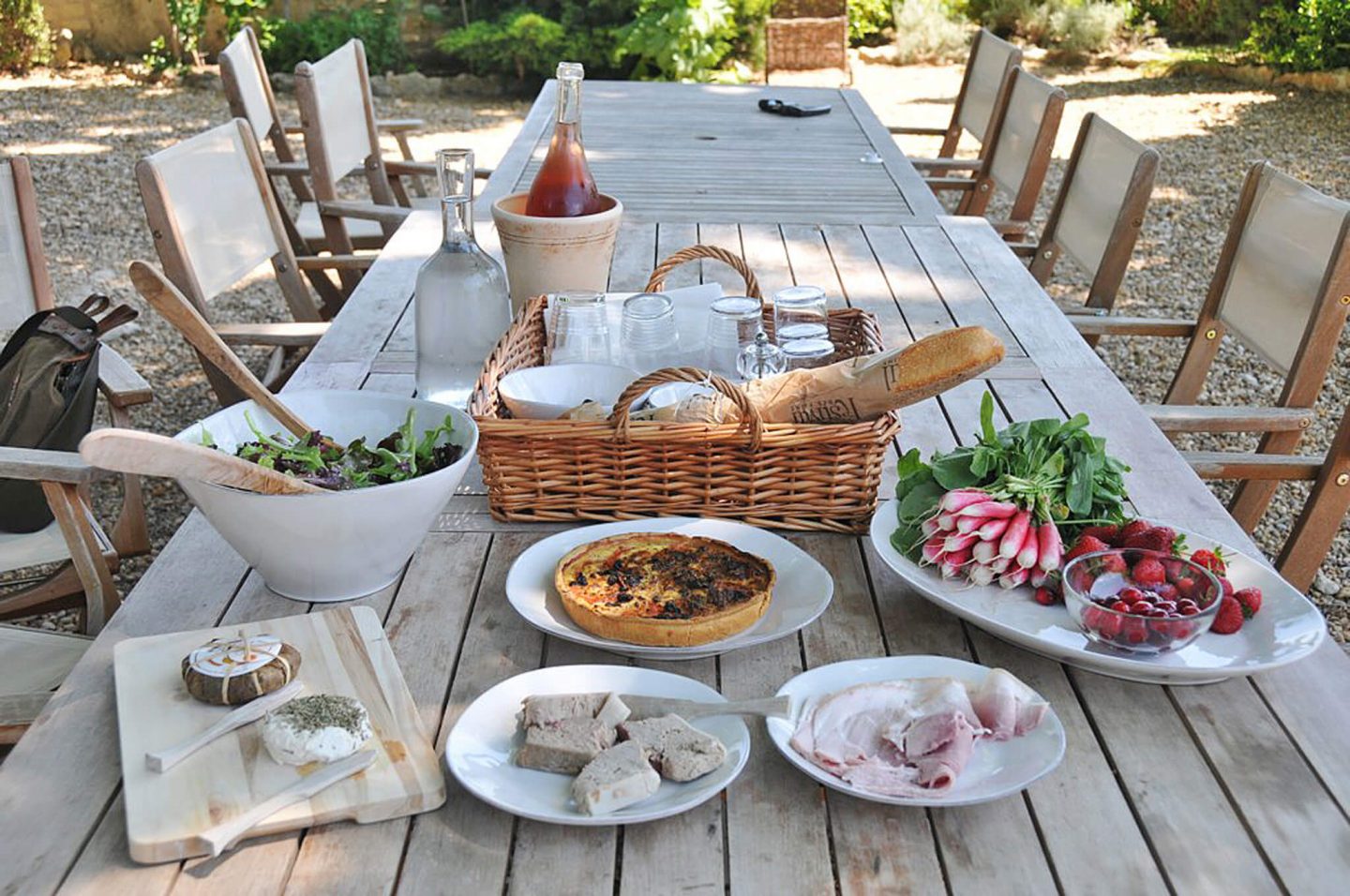
Personally, I’m not
going to go totally vegan however I will eat less meat and make sure
that when I do that the animals are ethically raised; living in a
pasture and fed grass. There are plenty of pros and cons to this
topic and “both sides” make sense it all makes sense but again,
common sense prevails and I’ll just take a walk right in the
middle.
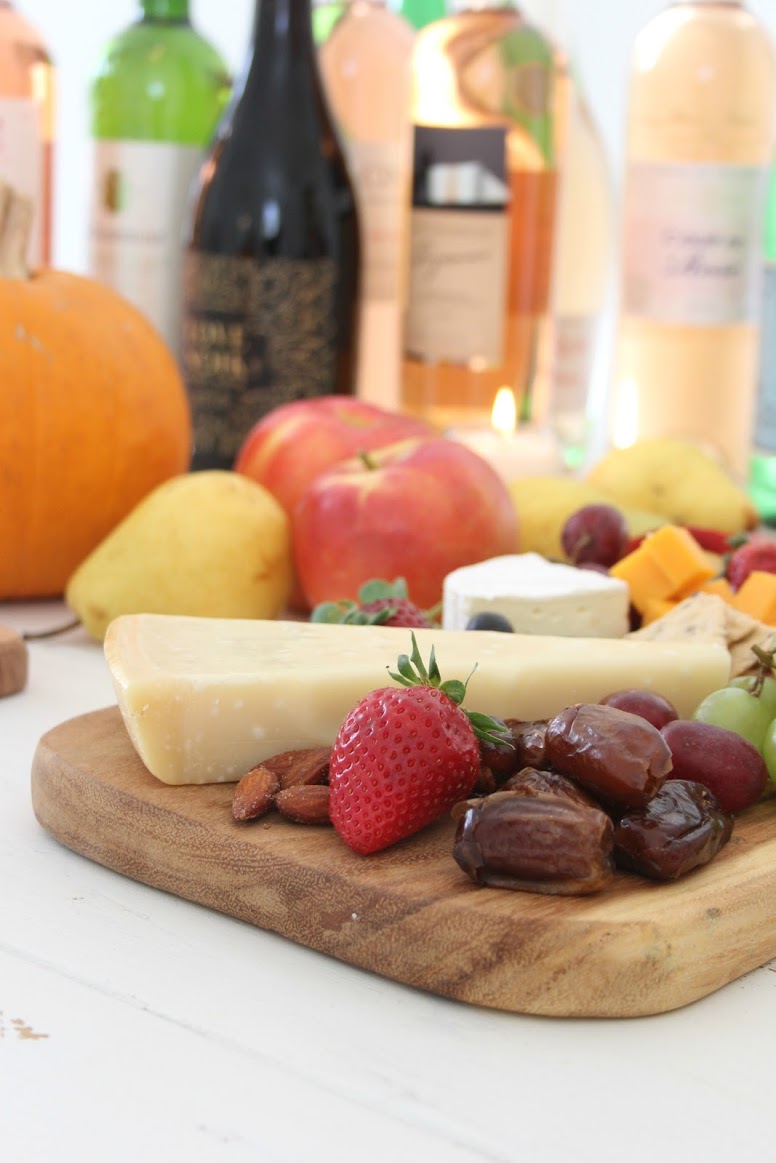

Tip No. 1: Reduce & Replace
To transition to a more plant based diet, consider reducing the
amount of meat, chicken, or fish on your plate and replace those
calories with legumes (peas, beans, or lentils) and vegetables.
Rather than eliminating a food group, simply reduce and replace with a
different choice.
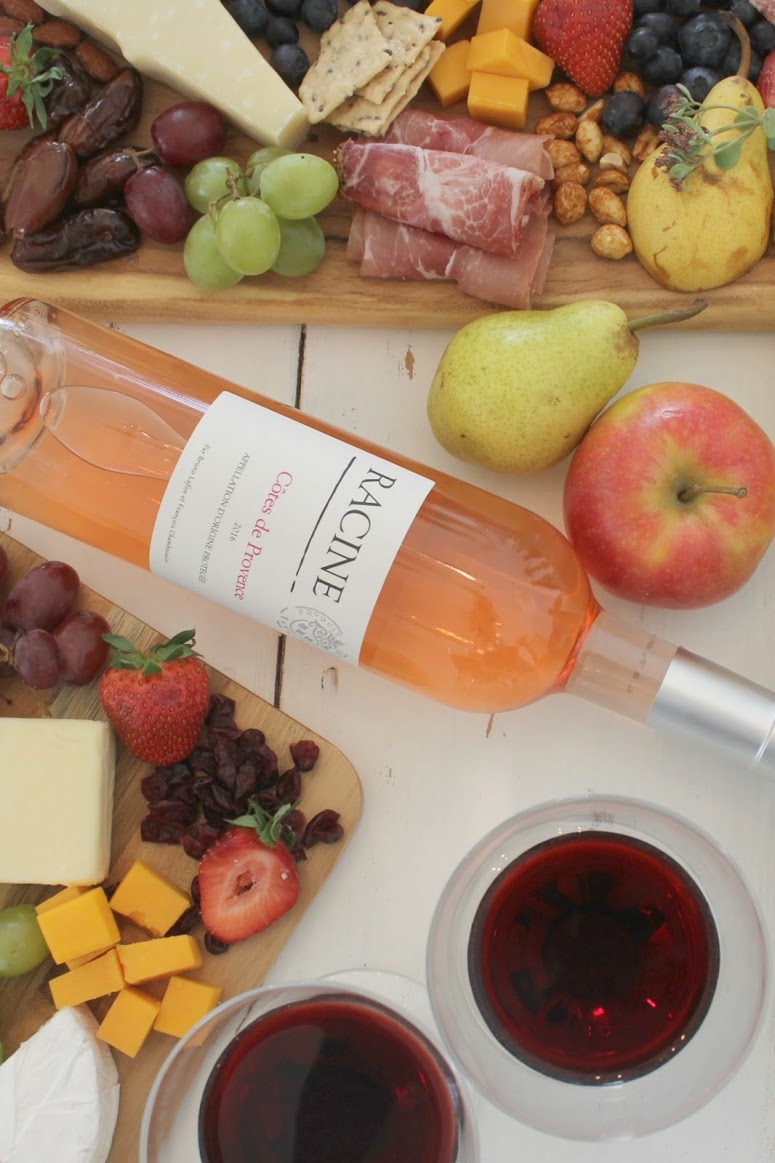
Tip No. 2: Expand Variety
Try to eat a wider variety of foods including plenty of healthy carbohydrates like quinoa, brown rice, and sprouted grains. When you need a snack, go for something with nutrient dense ingredients like kale, garbanzo beans, and lentils. Try Almond or Hemp Milk.
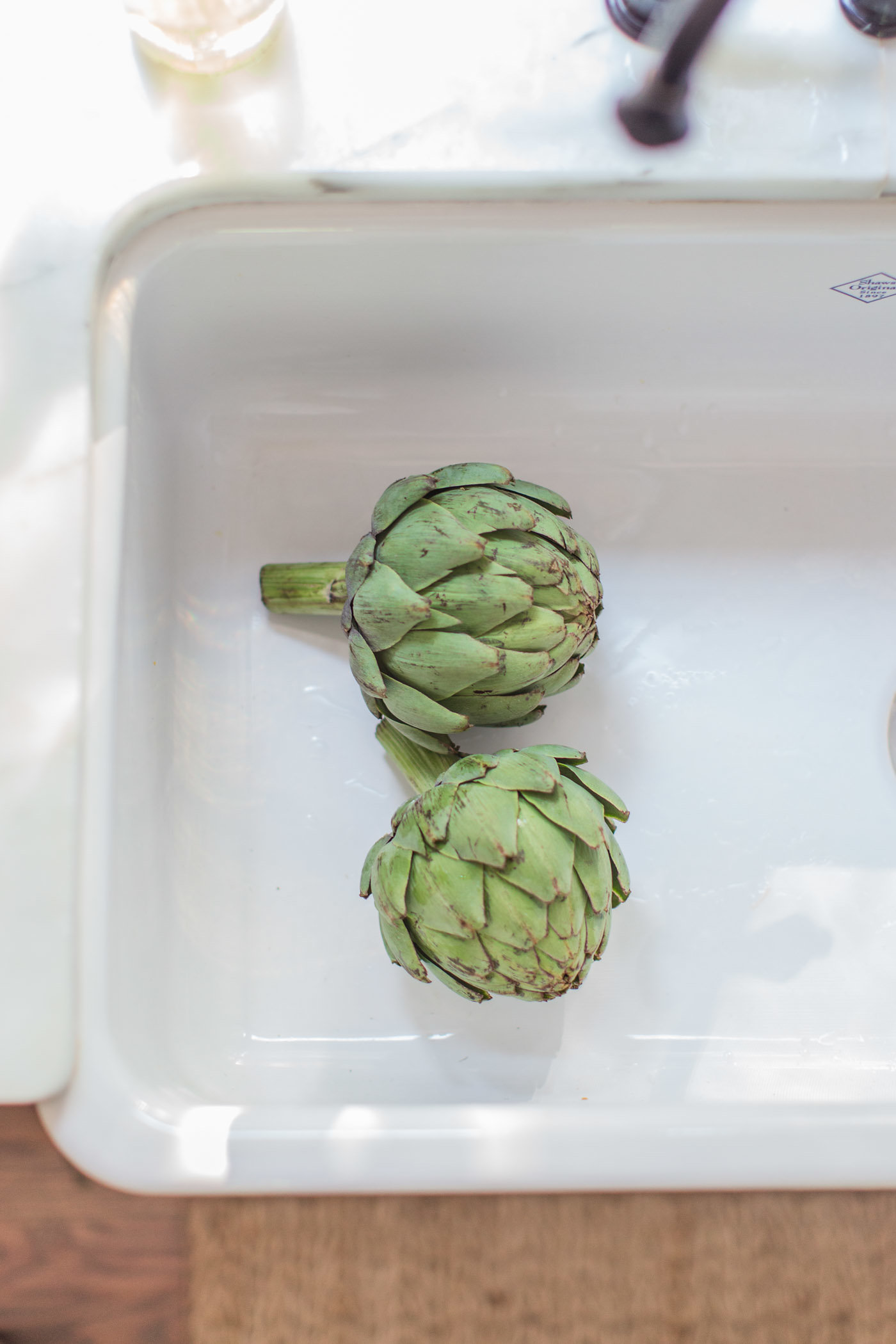

Tip No. 3: Think Beyond Dairy
During early development, children need vitamin D and calcium and the lactose (milk sugar) in cow’s milk helps absorption of these nutrients.

Work with your healthcare provider when making substitutions here to assure that your child is receiving an equivalent replacement of these nutrients. For the rest of us, you can get your daily dose of calcium by eating lots of green leafy vegetables. Vitamin D can be found in egg yolks, cheese, and fish (oil).
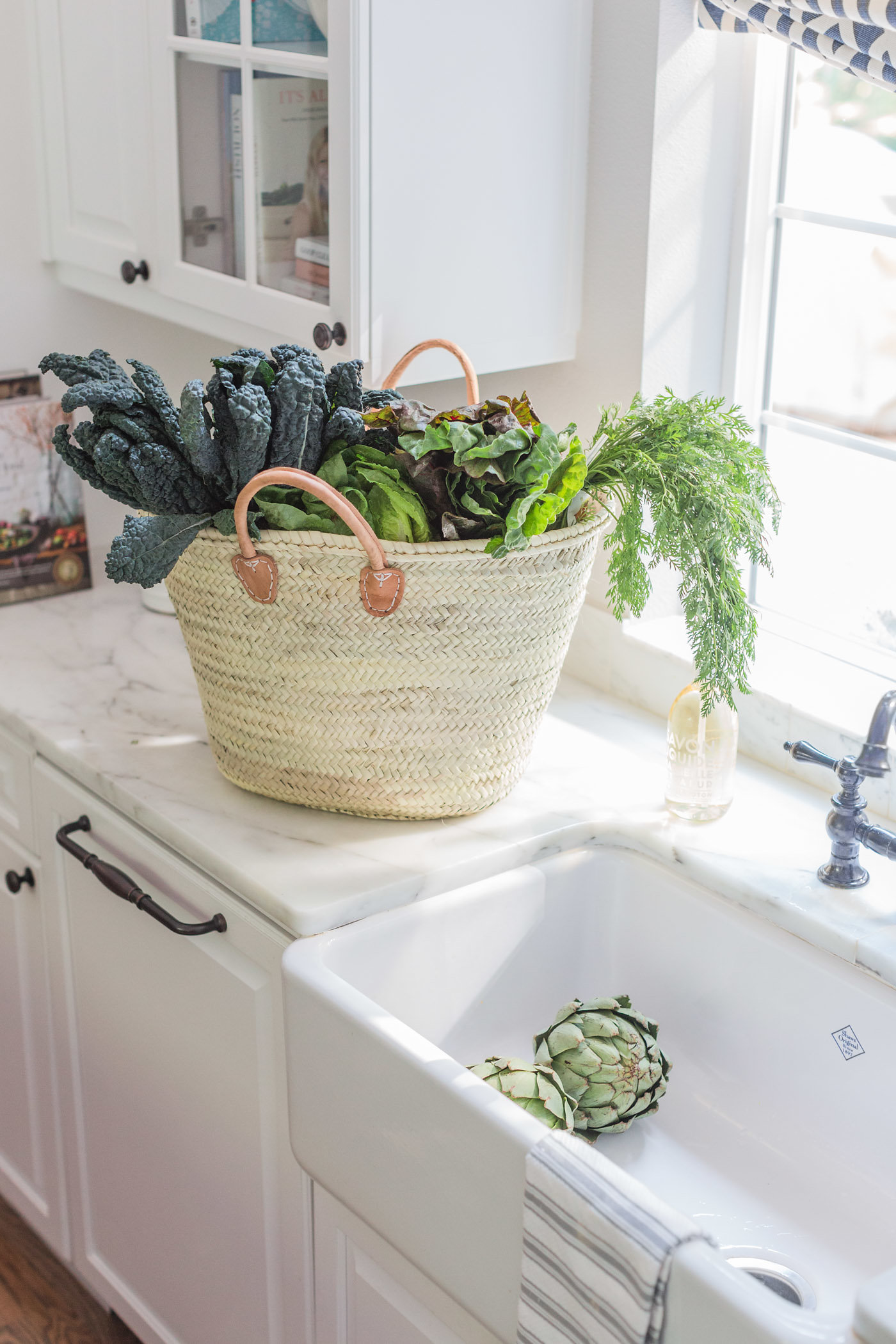
Tip No. 4: Supplements
If you are going totally plant based, vegan omega fatty acid supplements can be purchased online.

Tip No. 5: Soy or No Soy?
There’s been some controversy over soy products recently. The general consensus is that you should buy organic and soy can be eaten in moderation and remember that soy based products can cause sensitivity reactions just like lactose based dairy in children and adults.

Soy, Hemp, Almond, etc…are all available with and without sweetener. You can also make your own nut milks however it does take some prep time and by the time you purchase the ingredients and factor in the time it takes to make it, you may find it easier to purchase your nut milks already prepared.
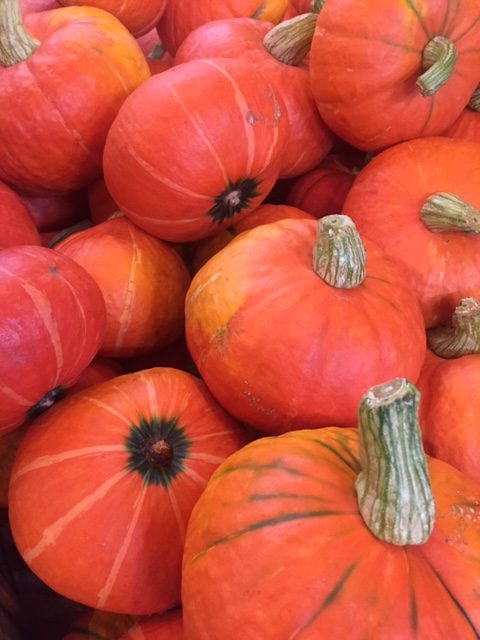
Tip No. 6: Non-Dairy & G-Free Ideas
Gluten-free and vegan prepared foods are available everywhere! Some are delicious and mimic the flavor and texture of dairy and meat products. Spread a nut based cheese on a cracker or grill bean or vegetable burgers on the grill. These items are often made from soy, tempeh, legumes, vegetables, and grains, and can be tasty depending onthe brand you are sampling.
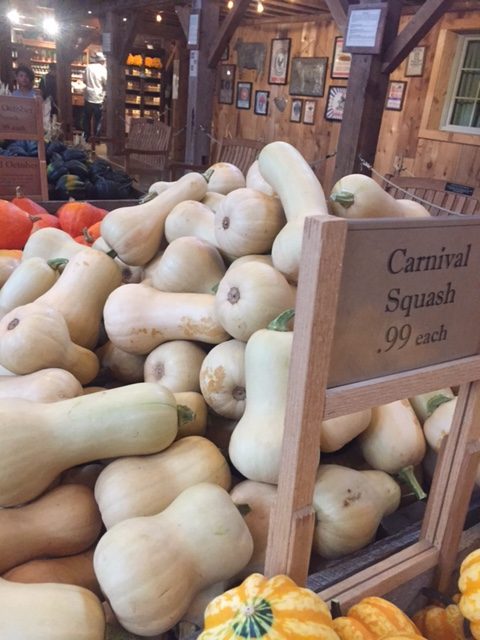
Add lots of condiments like pickles, vegenaise, nut cheese, and vegetables to create a juicy burger! Add a vegan protein powder like Garden of Life to your smoothie. Look for one that contains less than 6 grams of sugar per serving and made has ingredients like pea and bean protein. As a bonus you also might find one with pumpkin, hemp, berry, and turmeric added.
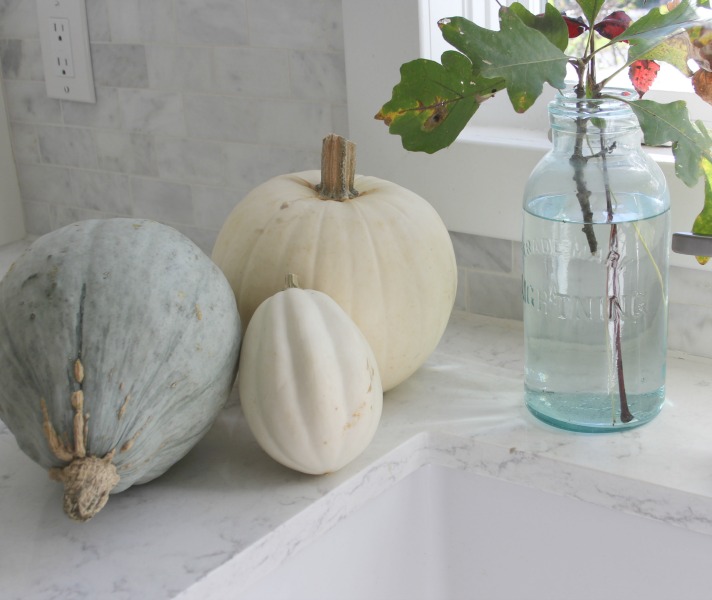
Tip No. 7: Calories Still Count
Including plant based foods in our daily diet may help get us on track health-wise but if you are still struggling to get those extra pounds off, remember that even healthy foods contain calories and at the end of the day it’s about balance.
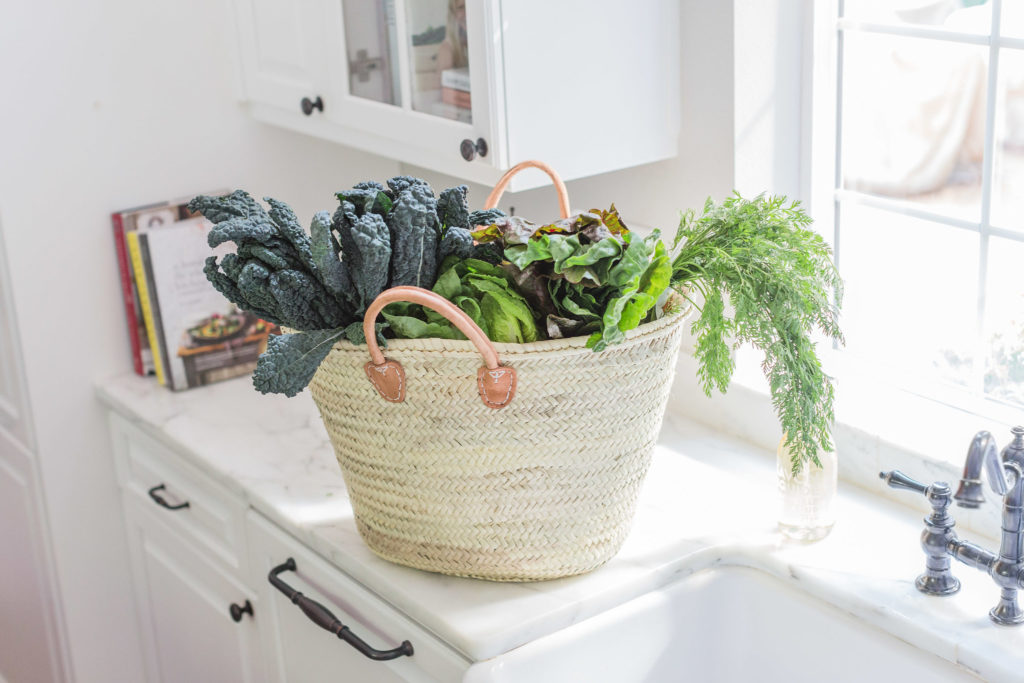
THANK YOU SO MUCH FOR THESE nudges, Leslie!
I have two more gentle ones to add.
Tip No. 8: Remember Veges Have Protein!
Leslie alluded to protein powders in tip no. 6, and often folks think they can’t do without protein from meat. I love this superfood with pea protein mixed into smoothies and yogurt parfaits, and a serving contains 6g of protein. Bonus: it contains green tea, is soy-free, gluten-free and vegan.
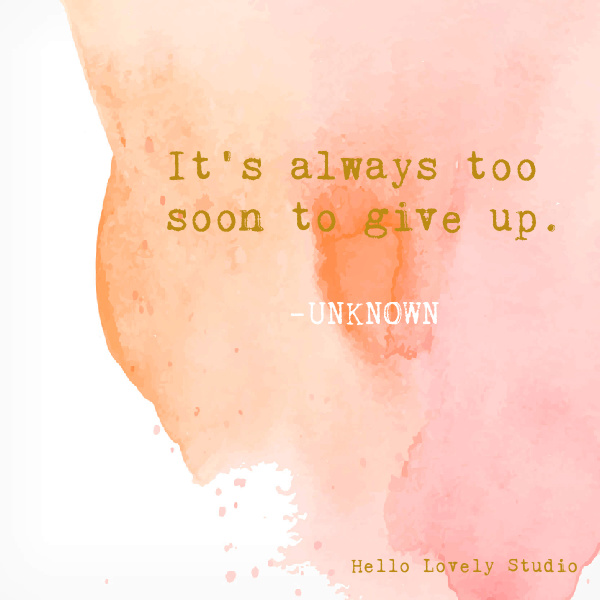
The Institute of Medicine suggests women need 46g of protein daily, and there are plenty of ways to get this amount from plants. I personally love lentils (is there anything easier to cook!?!), and 1 cup of them provides 18g of protein. Did you know you can even make lentils into “meatballs?” You’ll learn how in the engaging video below which has multiple ideas for high protein vegetarian dinners.
Tip No. 9: Prebiotics & Fiber
I will write more about this topic soon, but remember that prebiotics and fiber are both very important to feed the gut, and plants? They got ’em! For a healthy immune system, we need a healthy gut, and a diet rich in plants helps tremendously. I personally have learned more about digestion in recent months with gallbladder disease than I have in my entire 34-year history with Crohn’s disease (inflammatory bowel disease). As a result, I am more motivated than ever to add more plants to my already healthy diet.

DO SHARE YOUR THOUGHTS in the comments ABOUT ADDING MORE PLANTS FOR OPTIMAL WELLNESS!
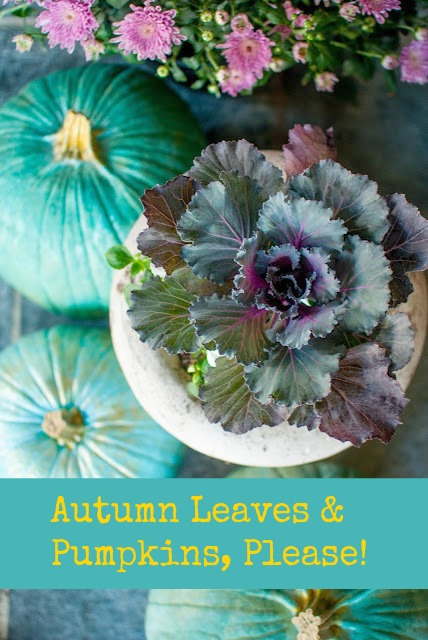
BTW. Do you like your kale…strictly ornamental like the above fall decor? Or in yer belly?
p.s.
If you have a moment, I’d love for you to check out my PINTEREST BOARDS and PIN pretty things you like – I am saving Christmas decorating ideas at the moment!
I independently selected products in this post—if you buy from one of my links, I may earn a commission.
Peace to you right where you are.
-michele
Shop for items you already intended to buy on Amazon RIGHT HERE, and also find home decor here to keep decor inspiration flowing on Hello Lovely!
Hello Lovely is a participant in the Amazon Services LLC Associates Program, an affiliate advertising program designed to provide a means for sites to earn fees by linking to Amazon.com and affiliated sites.
















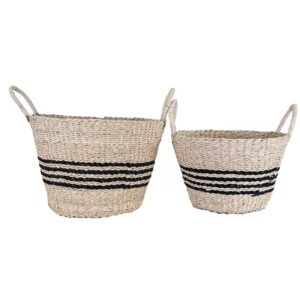

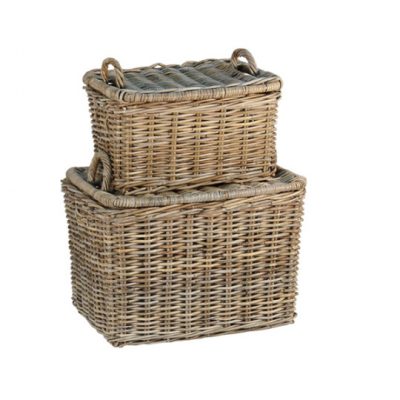

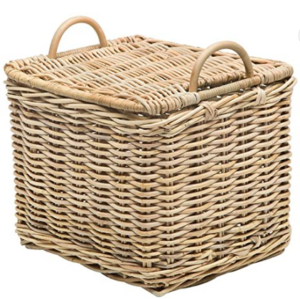

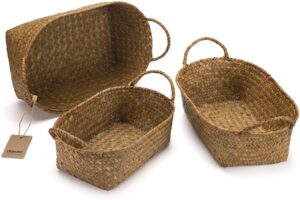
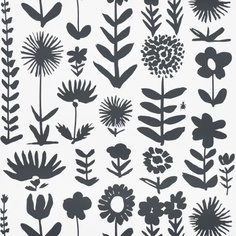





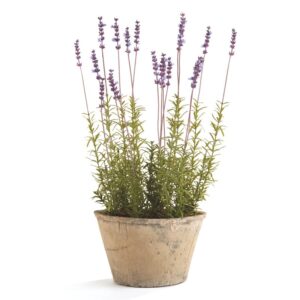















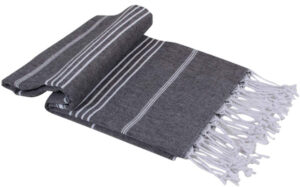

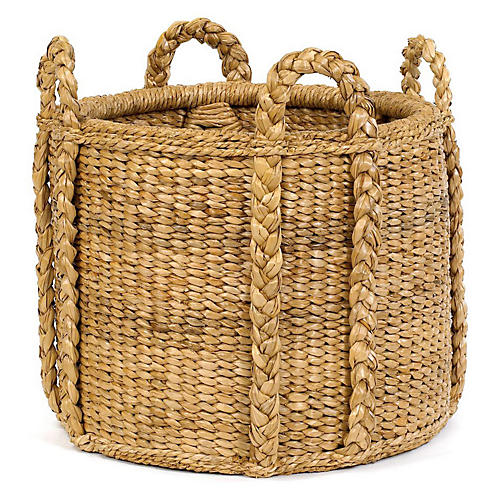

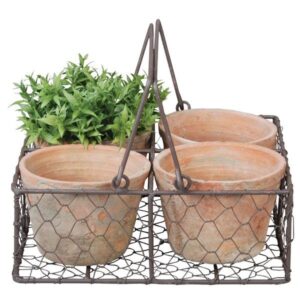



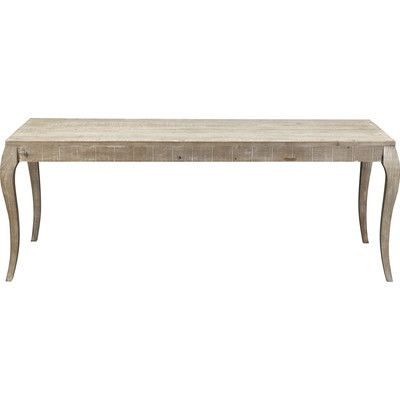



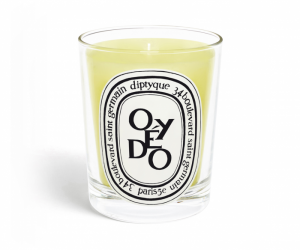






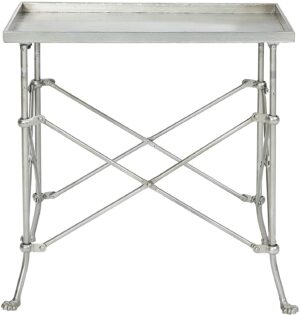

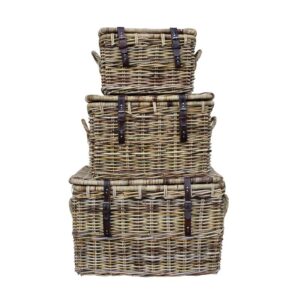
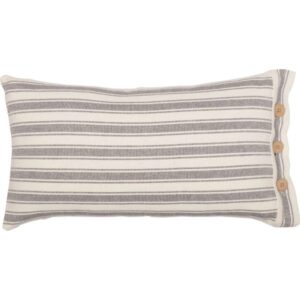
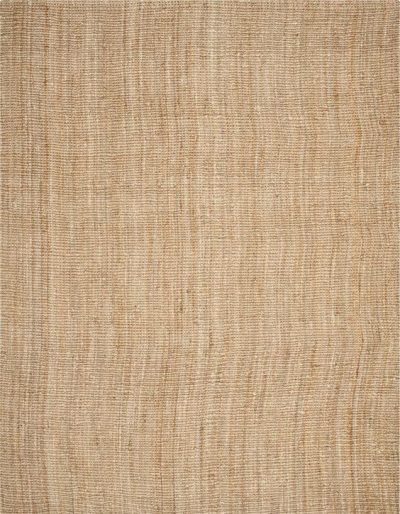
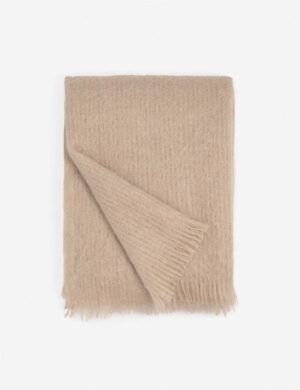




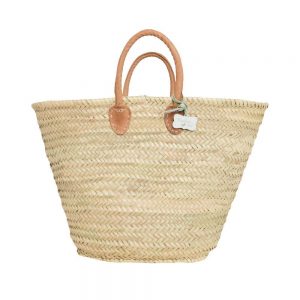








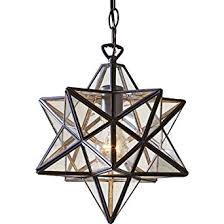

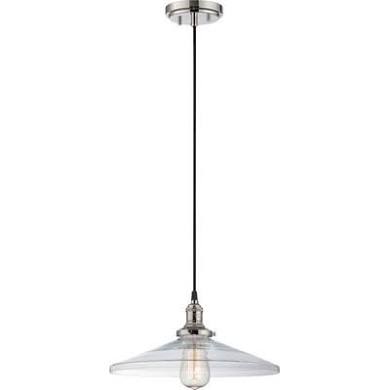
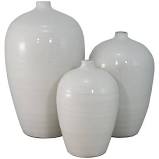
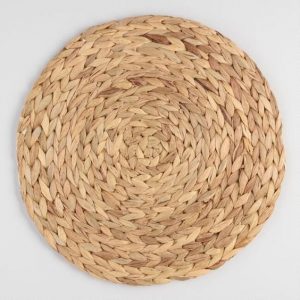
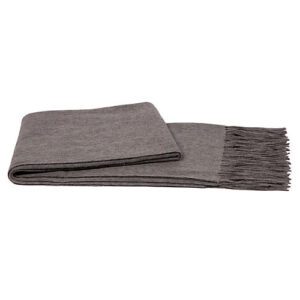
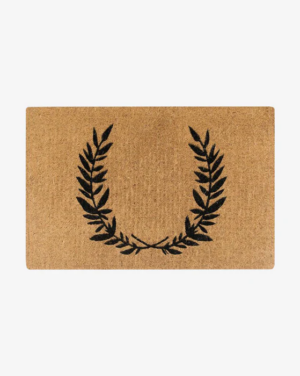
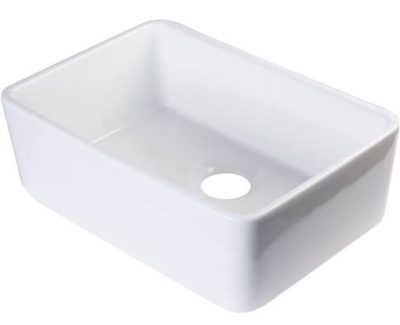





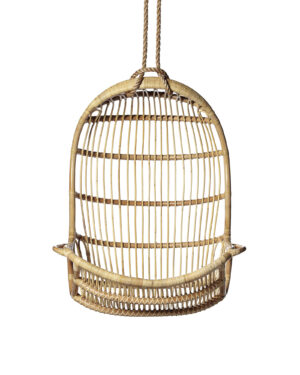

I considered vegan but it’s just not for me. However, I have cut out all red meat, including pork. We eat fish & chicken with a big salad at every evening meal. A typical lunch for myself is berries on full fat yogurt with a few pecans on top. Breakfast is two eggs and coffee. I read that our bodies do not store protein so it is important to have some protein source at each meal. I’ve also cut out the nightly (while cooking dinner) glass of wine. I believe moderation is the key to healthy living.
Author
Sounds like you have found your sweet spot for healthy eating – it all sounds awfully yummy to me. Moderation- yes! xox